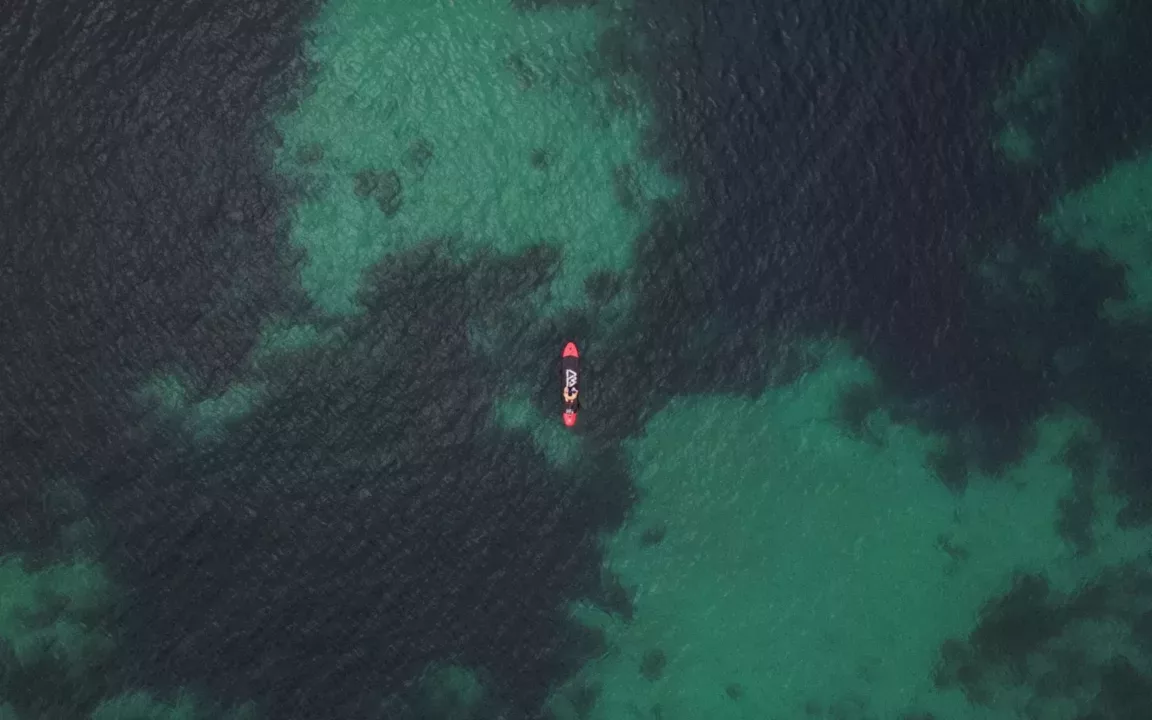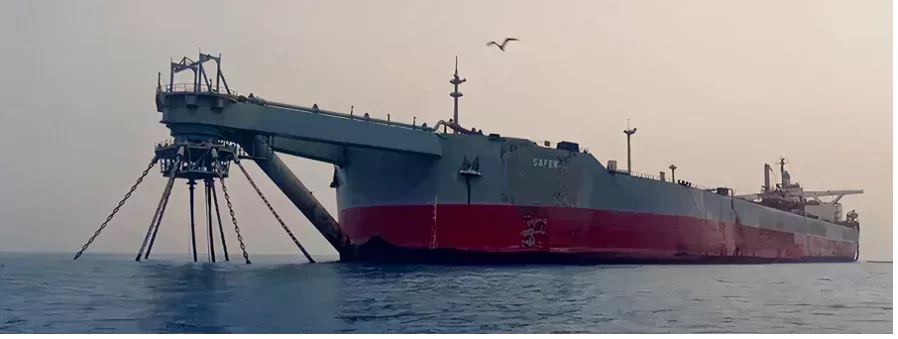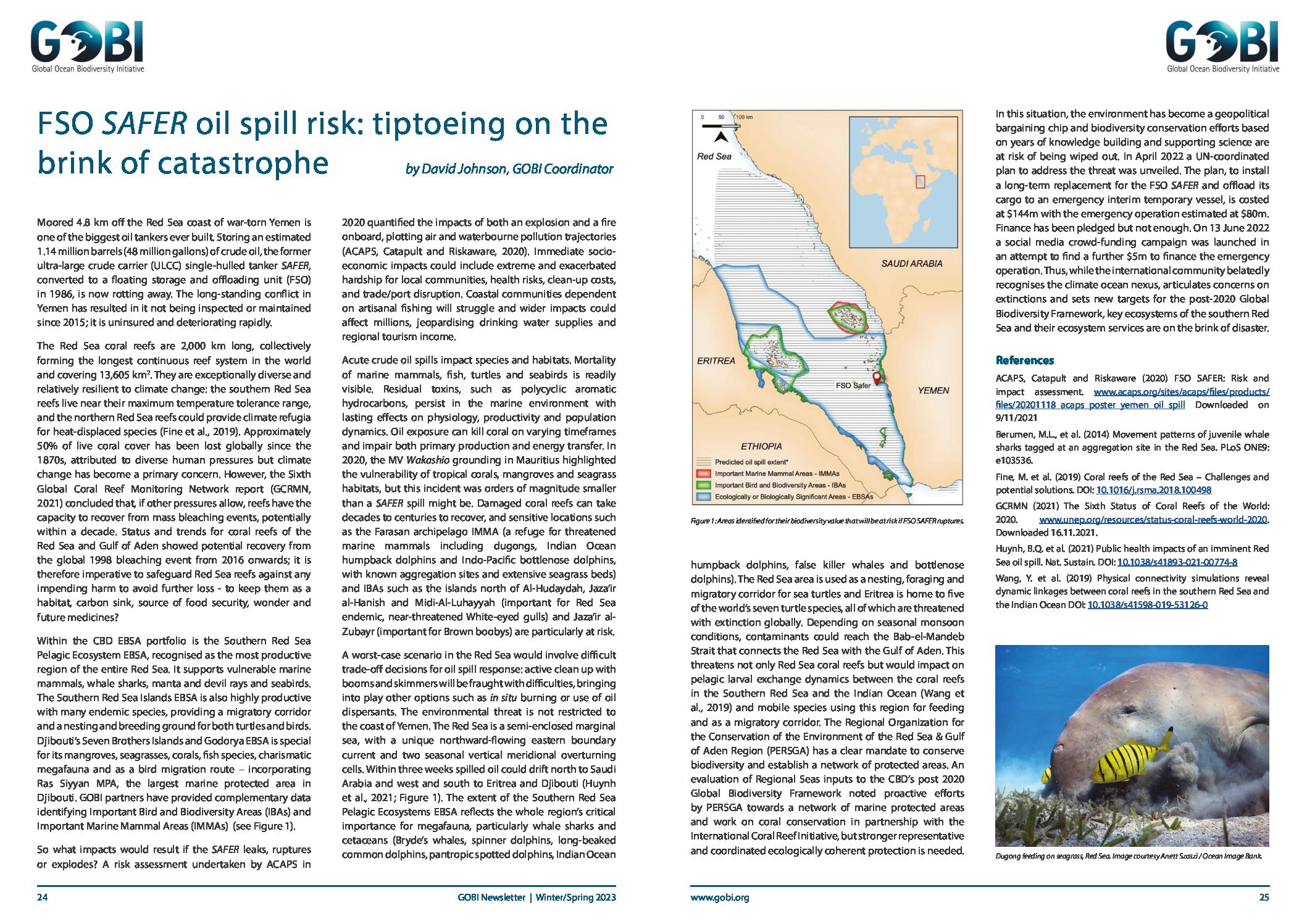The Floating Storage and Offloading unit (FSO) Safer has been moored off the coast of Yemen since 2015 and holds an estimated 1.14 million barrels of light crude oil. It is in an advanced state of decay with production, offloading and maintenance operations being suspended, and safety and gas monitoring systems have not been maintained since 2015 following political unrest in the region.
The FSO is at high risk of breaking apart or exploding, which would cause an oil spill with devastating environmental – and humanitarian – consequences: loss of access to fisheries, closure of desalination plants for freshwater and the shutdown of ports for shipping vital goods would have devastating human impacts.
The Red Sea’s water quality would be severely degraded, with coral reefs and mangroves, and the wealth of rich biodiversity they host, being critically impacted. The resultant clean-up measures and port closures could cost billions of dollars, with the environmental impact unmeasurable across the region.
To respond to this impending threat, the United Nations has established an emergency operation to prevent this disaster. The planned operation comprises the installation of a replacement vessel or equivalent capacity and a four-month emergency operation to transfer the oil to a safe temporary vessel.
However, the success of the plan is contingent on urgent funding support.
January 2023: an update on the FSO Safer can be found in the newsletter of the Global Ocean Biodiversity Initiative (GOBI):
Visit ICRI’s oil spills and coral reefs informative hub for resources to guide planning and response for oil spills affecting coral reefs.



